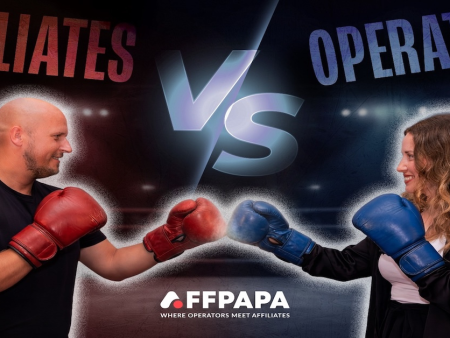Last updated on June 13th, 2025

Representatives Andrea Salinas and Jamie Raskin have introduced the Ban Gambling on Elections Act, a bill that aims to ban wagering on U.S. elections.
This move reflects growing concerns over the impact that political betting has on the public trust in the democratic election process.
The Ban on Gambling Elections Act is a legislative effort that stands as the House counterpart to the Senate legislation of Senator Jeff Merkley and it aims to completely ban election betting by amending the Commodity Exchange Act.
Representative Jamie Raskin stressed the importance of maintaining the public’s confidence in the electoral process, further elaborating that election betting is a practice that diminishes democratic participation to a gamble that is profit-driven.
Moreover, Raskin said that democracy calls for trustworthy and transparent voting processes and not a system that is fogged by the influence of wagers and betting odds.
Similarly, Andrea Salinas agreed with these sentiments, further stating that betting on elections encourages manipulation and interference that has the potential to undermine the very foundations of democracy.
Salinas further stressed the wider impact on society that comes with gambling addiction and promised to continue advocating for resources neccessary to address this critical issue.
Elections betting sets a dangerous precedent, incentivizing bad actors to try and influence or interfere with our election systems. We cannot play roulette with our democracy by allowing this kind of wagering without a thorough accounting of the potential consequences.
Those who oppose election betting argue that allowing a system where electoral wagers are legal poses a risk of interference and corruption, thus degrading the democratic process.
Senator Merkley has compared wagering on elections to a rigged sports game where the bettors could sway the outcome via smear campaigns and similar forms of manipulation.
Lastly, those who oppose election betting also preach for a more regulated crypto environment in order to pave the way for uncontrolled expansion in election betting markets, contending that the potential risks far outweigh any potential benefits.
However, those who support prediction markets are adamant that they can provide crucial insights into voter behaviour and political trends, further stating that even if the U.S. bans election betting, wagering on U.S. elections will continue via unregulated online operators.





